Your cart is currently empty!
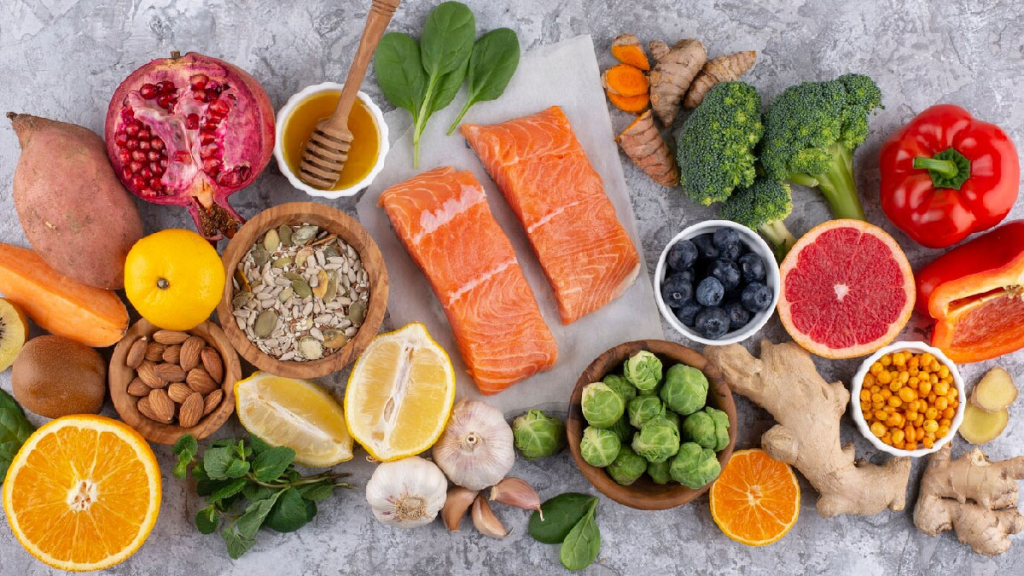
Vitamin B12 is an essential nutrient for the human body, vital for neurological function, red blood cell formation, and DNA synthesis. Do you know Vitamin B12 deficiency may lead to several health issues, including anemia, nerve damage, and psychiatric symptoms? Although the best sources of Vitamin B12 include fish, meat, eggs, fortified foods, and health supplements, what do people who follow a vegan or vegetarian diet do? Well! That’s not the case. Even some vegetarian foods have a high vitamin B content; all you need to do is find them.
The recommended daily amount of vitamin B-12 is about 2.4 micrograms for adults over 14 or older. And the best part is that your body stores excessive Vitamin B12 in your liver. Even if you stop consuming it for a few days, your daily need for this nutrient will be fulfilled by what’s left. However, if you stop consuming it for an extended time, you will likely suffer from Vitamin B12 deficiency, leading to several health issues like Fatigue, memory loss, or even nerve damage.
Although treatment can help you get better, but why face such an unpredicted situation? Instead of getting such heavy vitamin B12 shots in your muscles, start making changes to your daily diet by adding it to your daily meal. So, let’s today talk about the top 10 superfoods to combat the Vitamin B12 deficiency.
Health Benefits of Vitamin B12 We Bet You Didn’t Knew Before
Consuming Vitamin B12 is essential for your health, and adding this nutrient to your diet will benefit your body in several ways, including –
- Red blood cell formation
- Nervous system protection
- DNA Synthesis
- All-day long energy
Although your body doesn’t need a lot of B12 nutrients, but a daily recommended dose is essential to maintain the body’s functions. For adults, the daily recommended dose of B12 is around 2.4 micrograms (mcg).
However, the recommended dose cut down for children to 0.5 mcg for infants and 1,2 mcg for 4 to 8-year-olds. According to a recent study, Vitamin B12 deficiency is more common among a specific group of people, including
- 62% of pregnant women
- 25–86% of children
- 21–41% of adolescents
- 11–90% of older adults
List of Top Vitamin B12-rich Foods for Vegetarian
Although animal-based foods are undoubtedly the best source of Vitamin B12, there are several vegetarian and plant-based superfoods that have excessive content of B12 nutrients. So, let’s take a look at the top 10 Vitamin B12-rich foods for vegetarians. You can add these foods to your daily diet to combat the deficiency of Vitamin B12.
Milk and Cheese
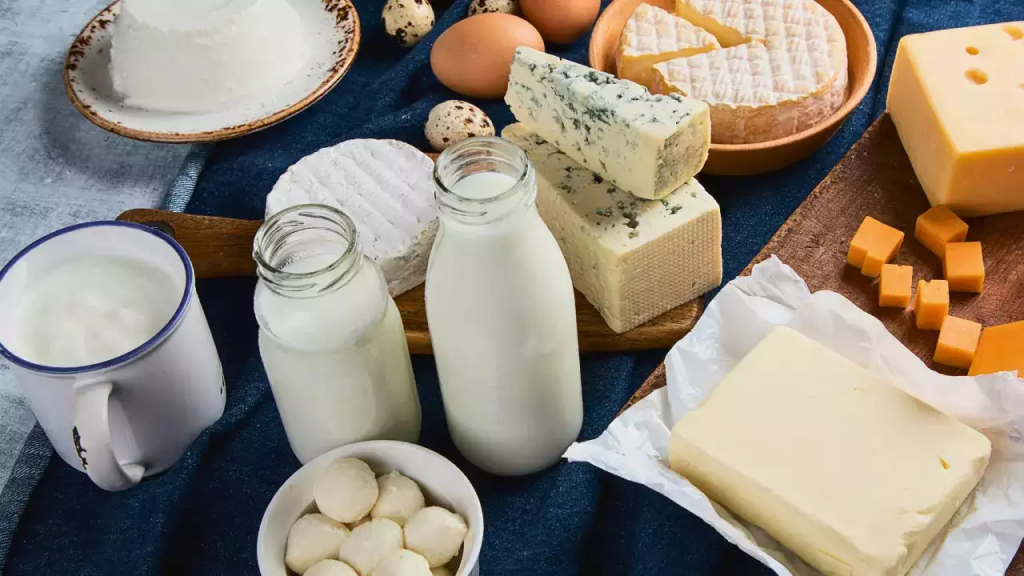
Dairy products, such as Milk, Cheese, and Butter, aren’t just rich in calcium but also a good source of Vitamin B12. Even 500 ml of cow milk completes the daily recommended intake of Vitamin B12 for adults.
At the same time, Swiss cheese has the highest amount of vitamin B12. 50 grams of cheese has about 1.5 mcg of vitamin B12. Both milk and cheese contain the highest amount of Vitamin B and are among the top superfoods for vitamin B12 deficiency.
Paneer (Cottage Cheese)
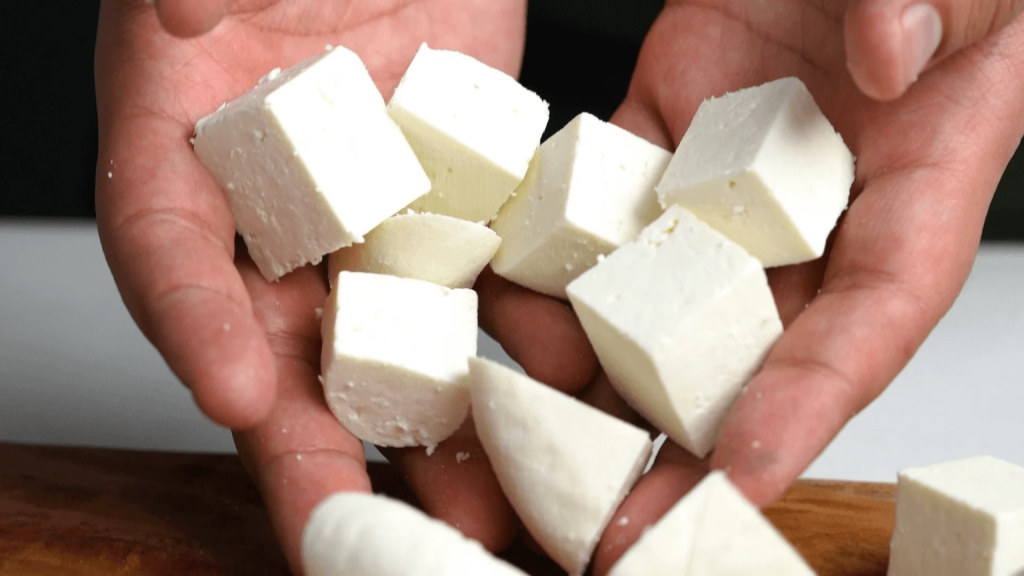
Indian cheese, or Paneer, is a delicious vegetarian food that completes 20% of your daily intake of Vitamin B12. One hundred grams of Paneer contains about 08 mcg of B12, which is about one-third of the daily recommended dose for adults. For vegans, it might not be the perfect choise, but they can try Tofu.
Yogurt
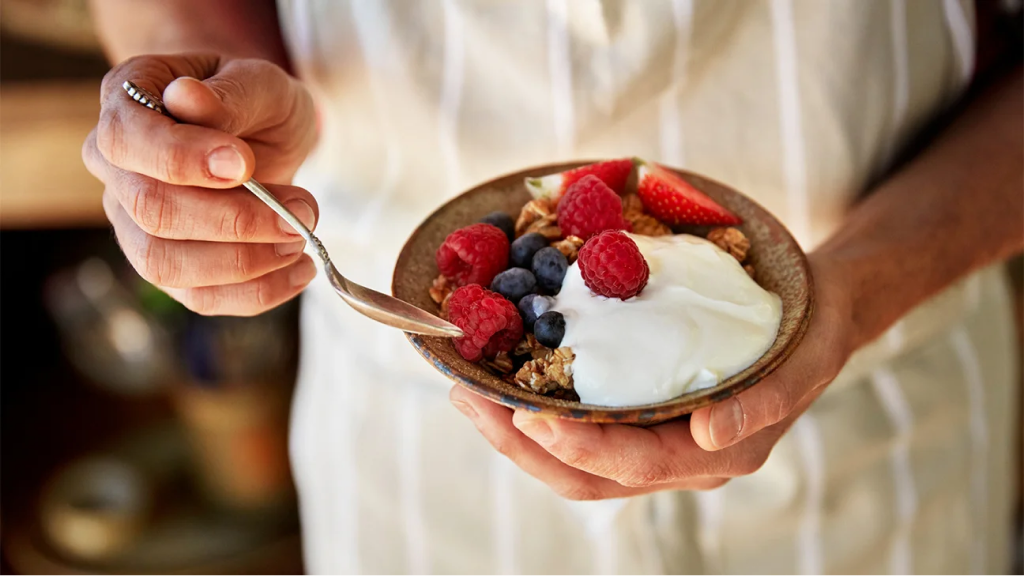
Yogurt is often known for its good bacteria and anti-inflammatory properties. It is the best option for vegetarians to consume Vitamin B12. 100 grams of yogurt every day provides 16% of the daily recommended intake of Vitamin B12. Additionally, it helps with digestion and prevents mouth ulcers.
Eggs
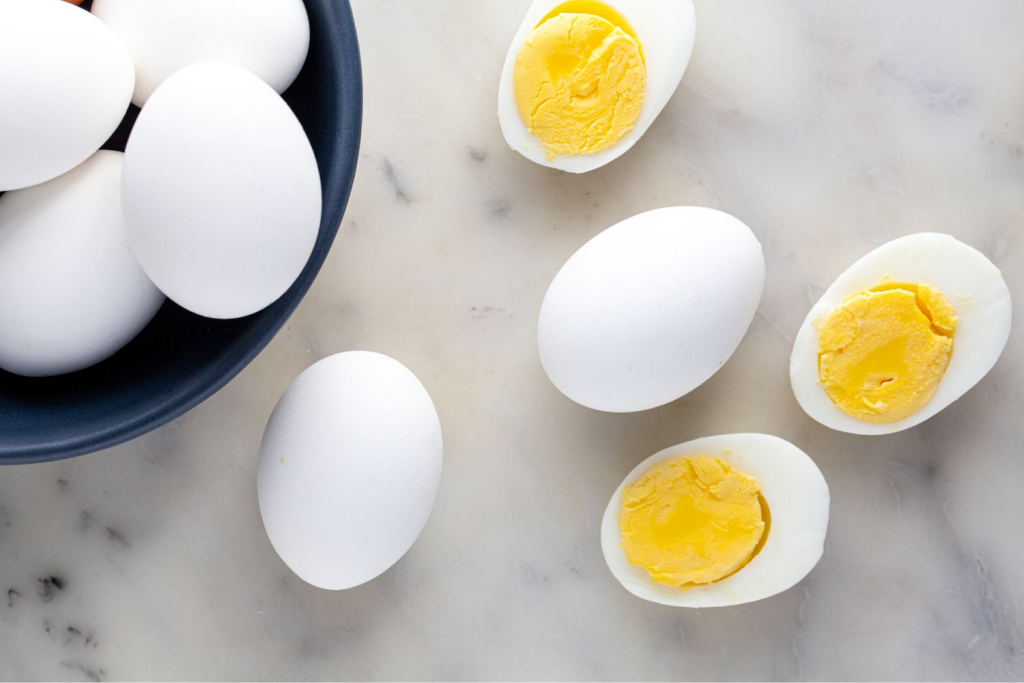
Although Eggs are a type of non-vegetarian food, some vegetarians still consume them. If you’re among them, remember a hard-boiled egg contains around 25% of your daily need for Vitamin B12. A recent study found that egg yolks contain more B12 nutrients than egg whites, along with protein and calcium.
Fortified Food
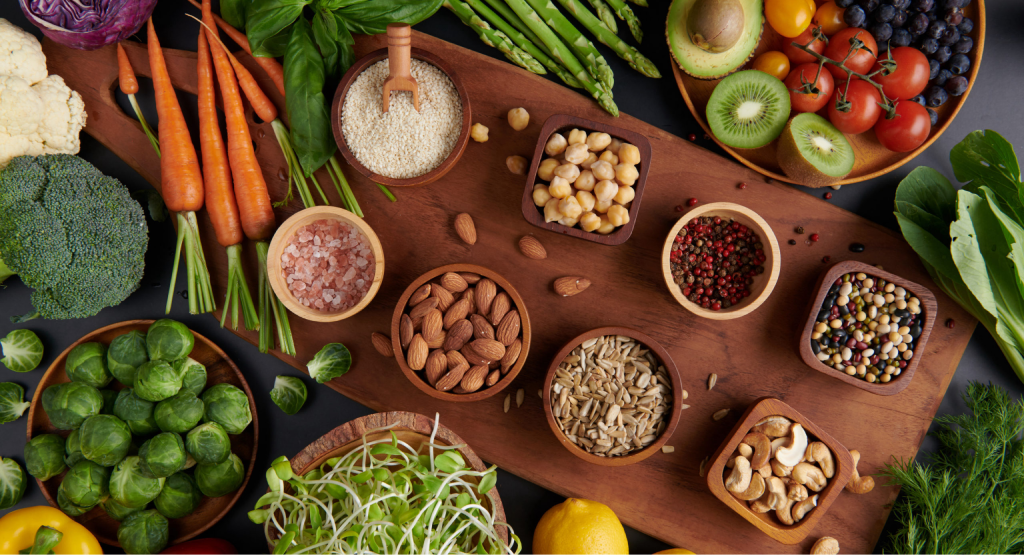
Fortified foods are rich in Vitamin B12 and are the best source of this nutrient for vegans. This includes almond milk, soy milk, and cereals. Mainly, cereals, such as bran and oats, contain folate, iron, vitamin A, and B12. Remember not to add more sugar and other undesired additives.
Shiitake Mushroom
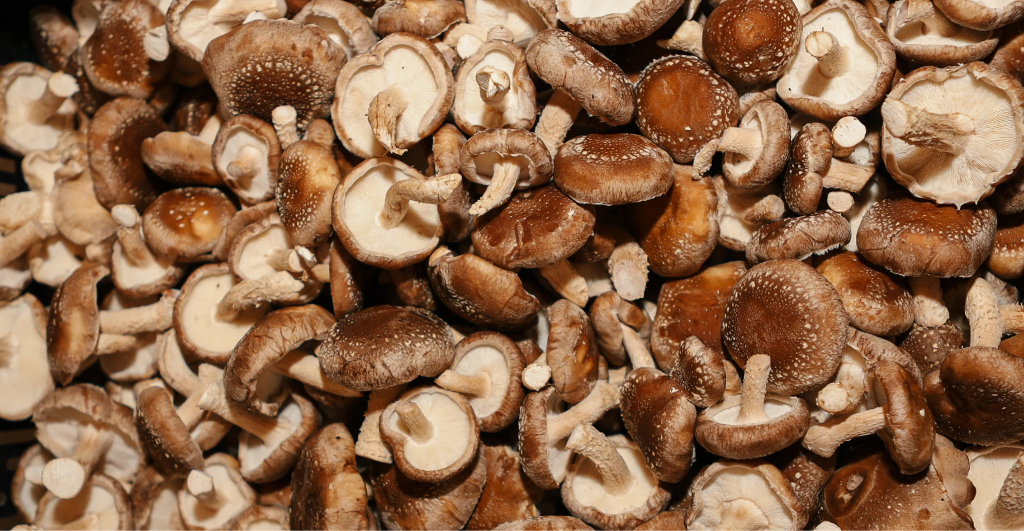
Shiitake mushrooms are the most nutritious of all the varieties. Although they don’t contain a high amount of B-12, they still serve as a prime source of Vitamin B12 for vegetarians. You can saute them or pan-fry them with cottage cheese and veggies to enhance their taste and nutrient value.
Tempeh
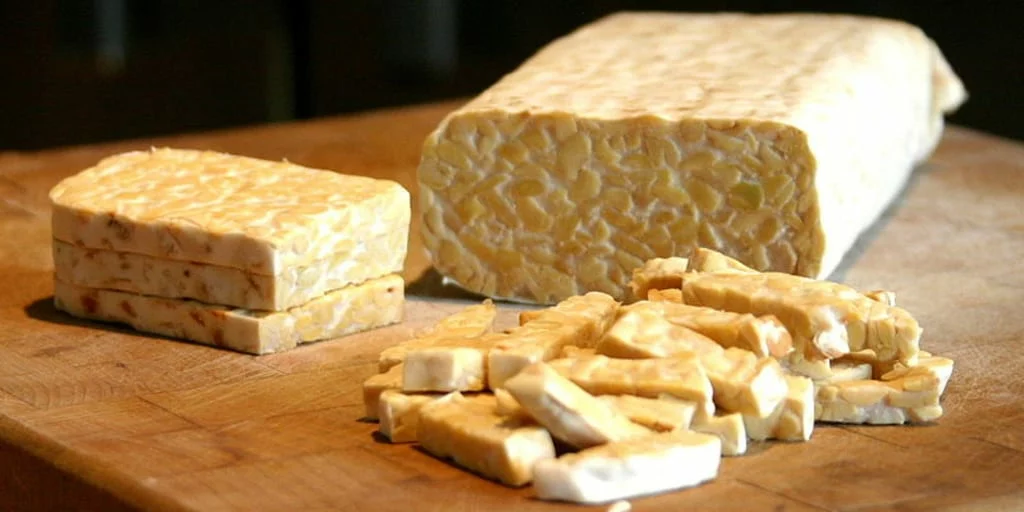
Tempeh is a food from Japanese cuisine. It is a type of soybean cake that is fermented well to give it a texture like tofu. Besides its Vitamin B12 properties, it is a rich source of Iron, vitamin B, manganese, and prebiotics. It can ease your digestion and aid in fulfilling your daily B12 intake.
Whey Powder
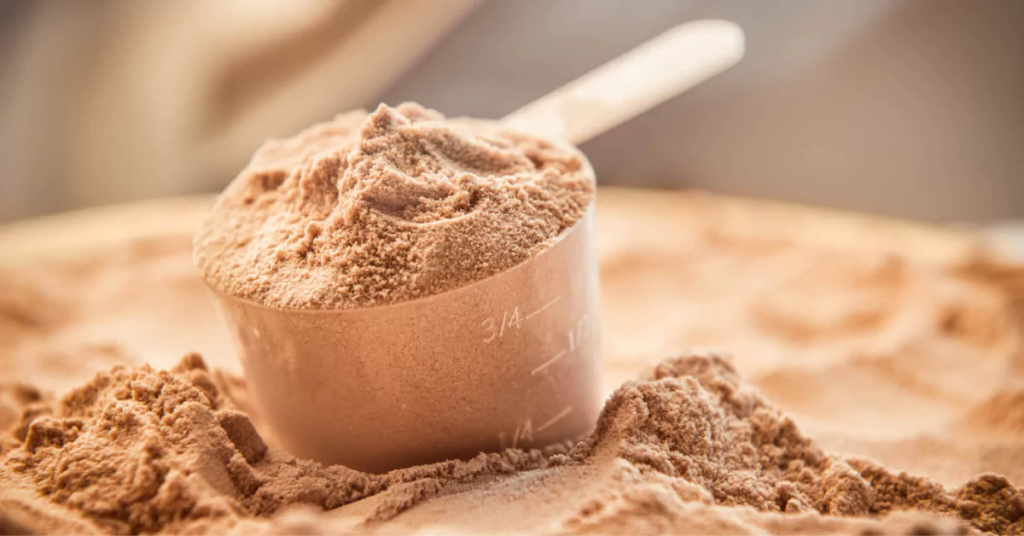
Whey protein is a common health supplement for gym enthusiasts to fulfill their daily protein intake. But, it is also rich in Vitamin B12, calcium, nutrients and Vitamin B12. Two scoops of Whey protein, approximately 32 grams, completes the 8% of your daily vitamin B12 intake. You can take it with milk or yogurt.
Nori
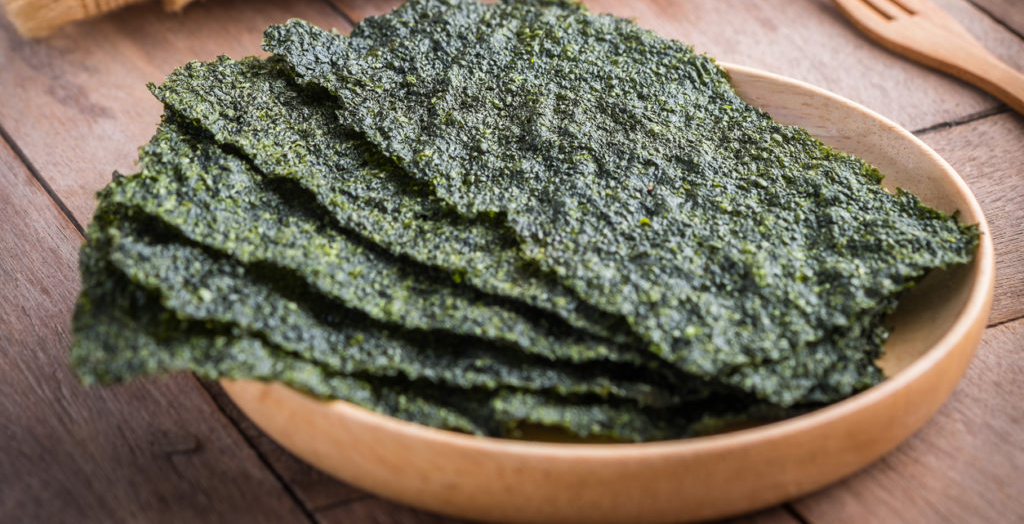
Nori is a dark green seaweed sheet often used in Sushi. It is the perfect source of vitamins A, B12, and C for vegans and vegetarians. You can consume it with sushi as a sheet, sauce, or sprinkle nori powder over salads, soups, or sandwiches.
Fruits
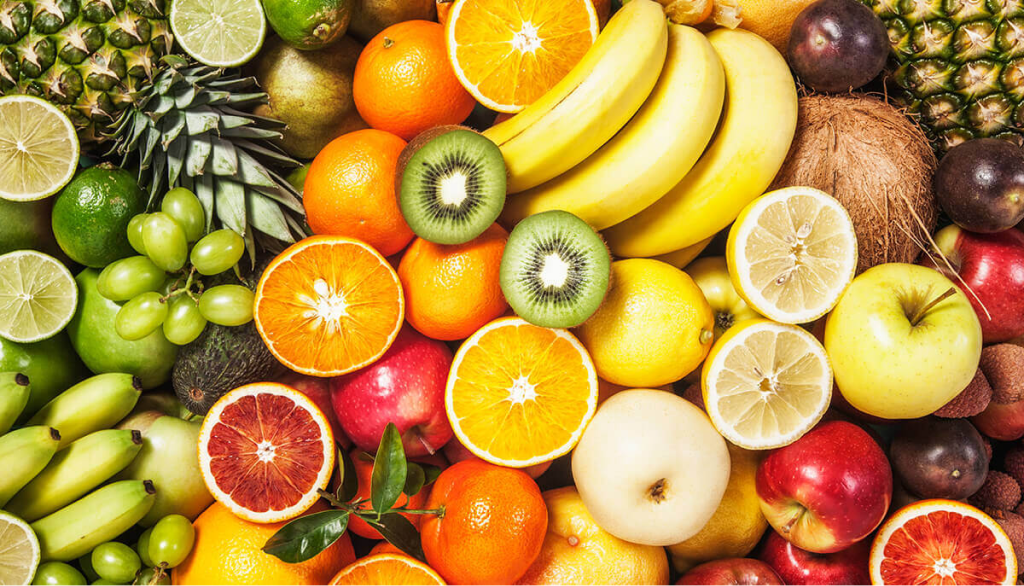
Fruits are another source of vitamins, minerals, iron, and other nutrients. Some fruits, such as bananas, apples, blueberries, oranges, and kiwi, are particularly rich in Vitamin B12. Along with these fresh fruits, some dry fruits, such as cashews, almonds, walnuts, raisins, and peanuts, are rich sources of Vitamin B12.
Fruits to Consume in Vitamin B12 Deficiency
Not just the foods, there are many Vitamin B12-rich fruits that help you combat the B12 deficiency. Here’s a list of some prominent ones:
1. Apple

“One apple a day keeps the doctor away,” whoever said this, very well said! Apples are the best source of fiber, flavonoids, Vitamin B12, anti-oxidants, and polyphenols.
2. Banana
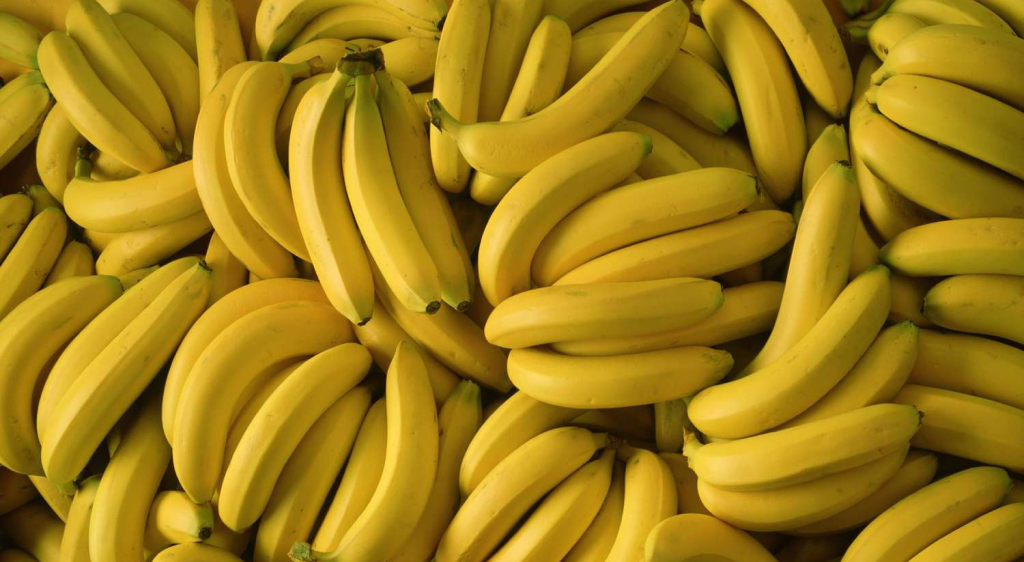
Bananas are one of the super fruits rich in vitamin B12. Besides their B12 properties, bananas are especially beneficial in several health issues, including reduced stress levels, controlled blood pressure, and curing constipation and ulcer-related issues.
3. Orange

Oranges are among the fruits rich in Vitamin B-12, along with other nutrients, such as calcium, vitamin C, antioxidants, and beta-carotene.
4. Blueberries
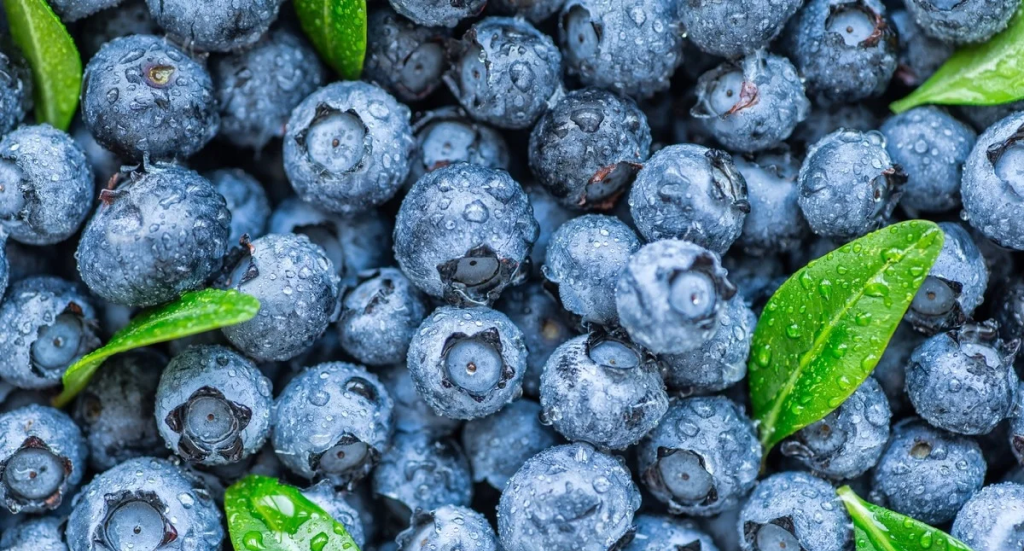
Blueberries are a type of berrie with an excessive amount of Vitamin B12 content that helps in weight loss, improved digestion, relieved stress, and even prevention from cancer and diabetes.
5. Almonds and Peanuts
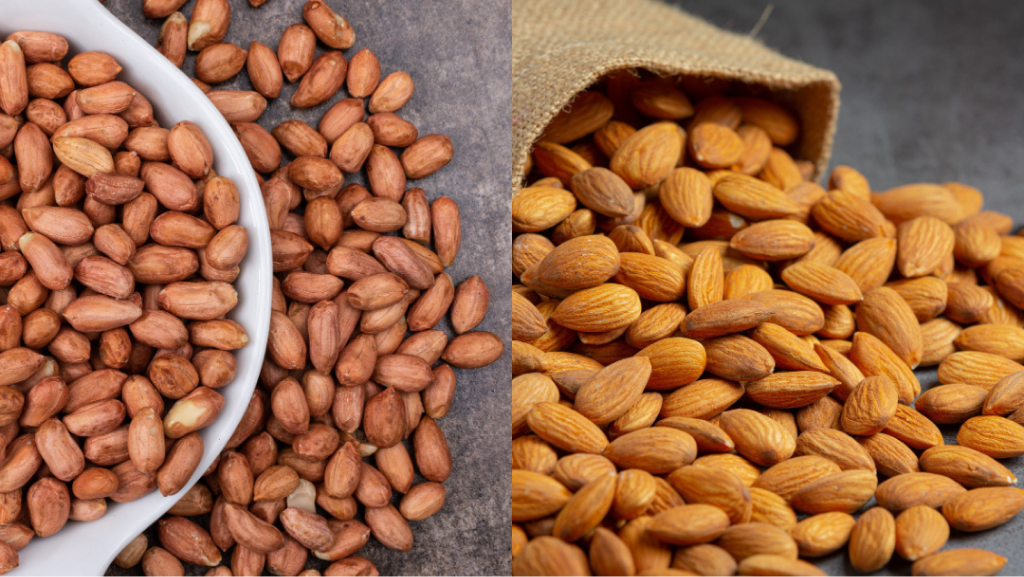
As mentioned earlier, dry fruits, such as cashews, almonds, walnuts, raisins, and peanuts, are rich sources of Vitamin B12.
Foods to Avoid in Vitamin B12 Deficiency
If you’re suffering from vitamin B12 deficiency, you should avoid the following foods:
1. Folic Acid – Fortified Food
Vitamin B9 (folate) is an essential nutrient for pregnant women. However, it could harm your vitamin B12 intake by masking its deficiency. At the same time, high folate levels could increase the symptoms associated with B12 deficiency. Therefore, the folic acid from fortified foods should exceed 1000 mg per day for adults.
2. Alcohol
Alcohol consumption could be a serious harm to your health and could reduce your vitamin B12 levels. Even moderate alcohol consumption could diminish up to 5% of vitamin B12. At the same time, it can even lead to some liver-related diseases.
Daily Recommended Dosage of Vitamin B12
According to multiple studies, the daily recommended intake of vitamin B12 varies based on gender, age, hormonal growth, breastfeeding, or pregnancy.
Here’s a table showing the daily dose of vitamin B12:
| Age | Intake |
| 0-6 months | 0.4 mcg |
| 7-12 months | 0.5 mcg |
| 1-3 years | 0.9 mcg |
| 4-8 years | 1.2 mcg |
| 9-13 years | 1.8 mcg |
| 14 years and above | 2.4 mcg |
| Pregnant | 2.6 mcg |
| Breastfeeding Mothers | 2.8 mcg |
10 Symptoms of Vitamin B12 Deficiency
Vitamin B12 deficiency leads to several physical and mental health issues. Mood swings are the most possible symptom of B12 deficiency.
Here are some common signs showing the deficiency of vitamin B12:
- Weakness
- Loss of appetite
- Pale skin
- Lack of concentration
- Difficulty in walking
- Problem in Digestion
- Sleeplessness
- Shortness of breath
- Fatigue or lethargy
- Depression or mood swings
If you experience any of these symptoms, consult your doctor right away to test whether its a vitamin B12 deficiency. You should follow the diet recommended by your doctor or health expert.
Conclusion
Although most vitamin B12 comes from animal-based food, vegetarians have other plant-based options, as listed above. B12 is an essential vitamin for the human body, and its deficiency is common in those who don’t eat meat.
Some vegetarian foods, such as fruits, milk, yogurt, eggs, mushrooms, fortified, nori, and whey powder, can cover your B12 intake. To maintain a healthy body, consultyouru doctor about your vitamin B12 deficiency and consider adding the below-mentioned foods to your daily diet.
FAQs
What are the Sources of B12?
Vitamin B12 is primarily found in animal products such as meat, fish, eggs, and dairy. Organ meats like liver and kidneys, shellfish, and fortified cereals are also excellent sources.
Which Fruit Gives B12?
Fruits generally do not contain vitamin B12. However, some fortified plant-based foods like fortified cereals and nutritional yeast can provide B12.
How can I Increase my Vitamin B12?
To boost your B12 levels, consume more B12-rich foods like meat, fish, dairy, and eggs. For vegetarians and vegans, fortified foods and supplements are essential.
What are the Symptoms of B12 Deficiency?
Symptoms of B12 deficiency include fatigue, weakness, pale or yellow skin, headaches, depression, and neurological issues like numbness and tingling in the hands and feet.
What Dry Fruit is Rich in Vitamin B12?
Dry fruits are not rich in vitamin B12. B12 is mainly found in animal products and fortified foods.
What Happens if Vitamin B12 is Low?
Low B12 levels can lead to anemia, fatigue, weakness, neurological issues, and cognitive impairments. Prolonged deficiency can cause irreversible nerve damage.
What are the Four Stages of B12 Deficiency?
The four stages of B12 deficiency are early serum depletion, cellular depletion, metabolic abnormalities, and clinical damage, which includes anemia and neurological symptoms.
How to Raise B12 Levels Fast?
To quickly raise B12 levels, consume B12-rich foods like meat, fish, dairy, and eggs. Supplements or B12 injections may be necessary for those with severe deficiencies.
Will B12 Increase Hemoglobin?
Yes, B12 is essential for red blood cell production. Adequate B12 levels help maintain healthy hemoglobin levels, preventing anemia.
What Happens if I Take B12 Every Day?
Taking B12 daily is generally safe, as excess amounts are excreted through urine. It supports red blood cell production, nerve function, and DNA synthesis.
What are the Causes of B12 Deficiency?
The two main causes of B12 deficiency are inadequate dietary intake (common in vegans and vegetarians) and poor absorption due to medical conditions like pernicious anemia or gastrointestinal issues.
Leave a Reply